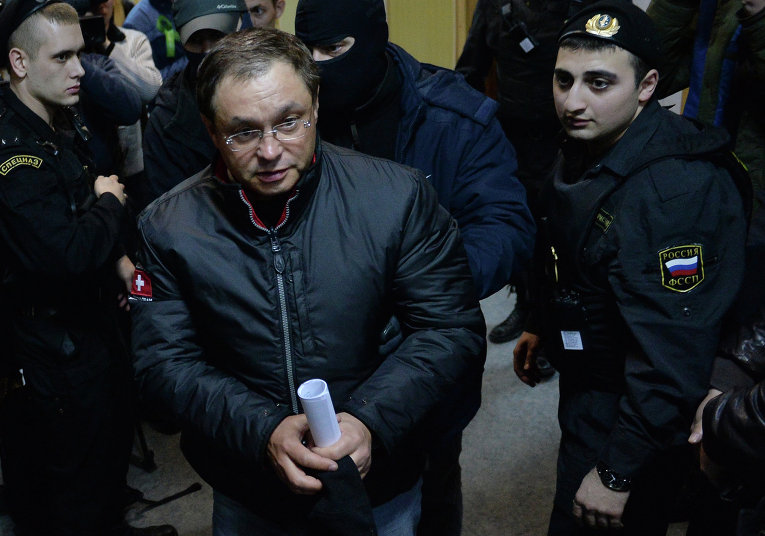MOSCOW, August 24 (RAPSI) – Russian billionaire Gleb Fetisov suspected of embezzling more than 6 billion rubles (about $88 million) from a bank he owned, has been released from house arrest, Kommersant reports on Monday.
Earlier, a Moscow City Court panel agreed with a prosecutor’s recommendation and changed the pre-trial restrictive measure from detention to house arrest.
Kommersant reports that the Prosecutor General’s Office must issue a ruling on the indictment in the Fetisov case within two days to confirm or return the indictment for further investigation.
The newspaper also notes that the electronic bracelet that identified Fetisov’s whereabouts was removed on August 21 when the house arrest term expired. Only the Prosecutor General’s Office could file a motion on extending the term with the Moscow City Court because the ex-banker has spent the longest possible term in detention, about 18 months. However, the prosecutor’s office did not come forth with a motion. Also, investigators did not have Fetisov sign a recognizance agreement not to leave Moscow.
In late February 2014, Fetisov, who is ranked by Forbes as one of Russia’s richest men with a personal wealth of $1.4 billion, was arrested for embezzling funds from My Bank, which he owned, and for failing to honor 6.5 billion rubles ($92 mln) worth of commitments to the bank’s clients.
In November 2013, Fetisov decided to sell his 90 percent stake in the bank.
The Central Bank of Russia revoked My Bank’s license in January 2014 for failing to honor its credit obligations and for falsifying reports. The Central Bank also filed a request with the Investigative Committee for an inquiry into Fetisov’s business activities and a number of former managers at the bank.
The request mentioned loan agreements that My Bank had signed over the past three years with alleged dummy companies, as well as potentially irretrievable investments in assets and securities.
The investigation has been completed. Fetisov pleaded not guilty. However, he paid the Deposit Insurance Agency over 14 billion rubles ($199 million) claiming it was enough to repay the debts to the bank’s clients.



